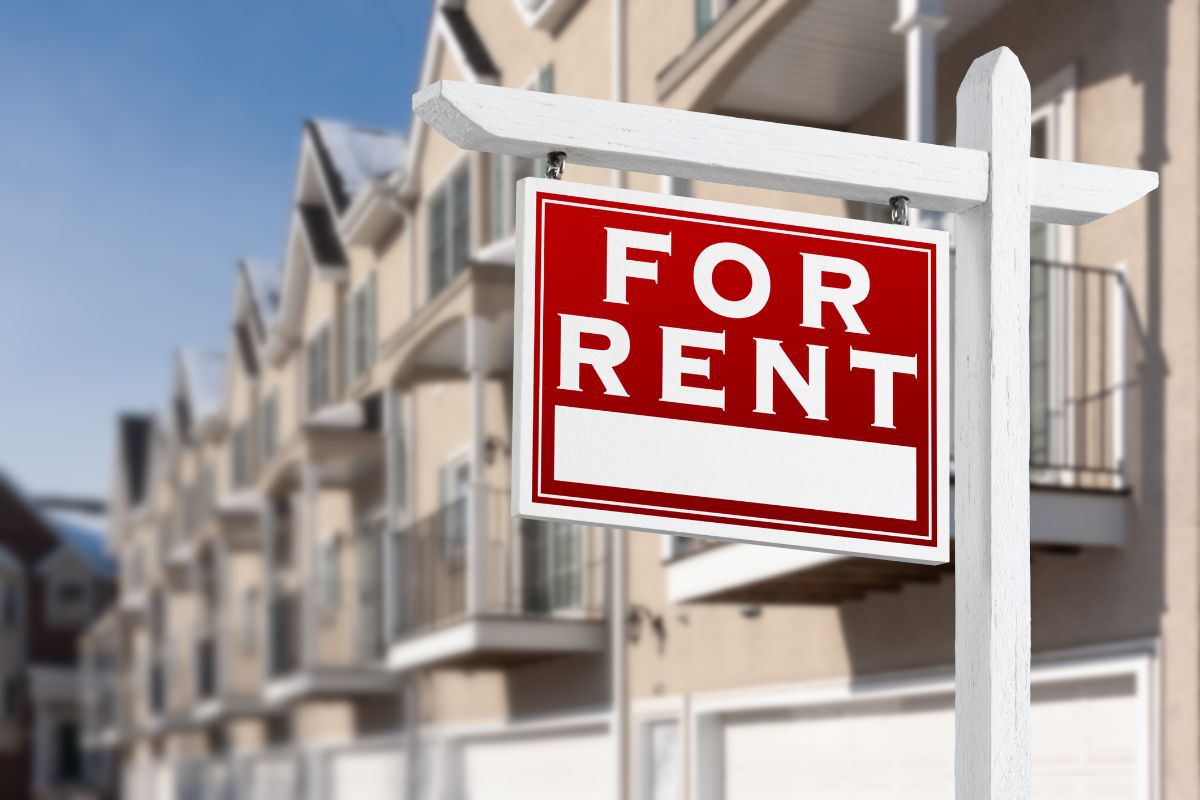A new state law went into effect last year that allows municipalities to impose restrictions on short-term rentals such as Vrbo and Airbnb. The enactment – or potential future enactment – of these restrictions may make it less attractive for purchasers of real estate who intend to use the properties for these purposes. In turn, these restrictions can lead to issues with real estate transactions for both buyers and sellers.
When local ordinances or other legal matters arise that affect your Arizona real estate transaction, you will need an Arizona realtor lawyer to assist you. Call Provident Law® at (480) 388-3343 to set up a time to talk with a real estate lawyer about your real estate-related legal issue.
Senate Bill 1168
Gov. Doug Ducey signed Senate Bill 1168 into law in July 2022, and it took effect on September 24, 2022. The bill amends and repeals statutory provisions concerning vacation and short-term rentals. Although the ability to rent out houses is a positive development for tourism, the inability of cities and towns to regulate short-term real estate rentals has led to some problems with disruptive partying by guests and public opposition by citizens. The goal of Senate Bill 1168 is to alleviate some of those concerns by cracking down on vacation and short-term rental owners.
Among the provisions in the bill are the following:
- Cities may require owners to carry up to $500,000 in liability insurance.
- Short-term rental owners may have to pay a one-time licensing fee of up to $250.00.
- Finally, property owners must notify their neighbors before offering their property as a short-term rental.
- Cities can suspend property owners’ licenses for up to 12 months if they accrue three health, safety, noise, nuisance, or other violations within one year or for felonious activities on the property.
- Cities can fine property owners for lesser violations by their guests.
As local ordinances may be rapidly changing due to the passage of Senate Bill 1168, you must be aware of the impact that these ordinances may have on your property, whether you are buying or selling it. If you or the buyer intend to use the property as an STR, these ordinances restrict the ability to do so and should be made a part of the transaction.
Scottsdale’s STR Ordinance
Scottsdale was one of several Arizona cities to almost immediately enact an STR ordinance authorized under Senate Bill 1168. Its ordinance requires the property owner to register with the city, maintain liability insurance, and notify neighbors that they intend to use the property as a short-term rental. Scottsdale’s ordinance also requires property owners to conduct sex offender background checks on guests and follow health and safety rules. Scottsdale’s ordinance went into effect on January 8, 2023.
Mesa’s STR Ordinance
Mesa enacted a similar STR ordinance that took effect on February 1, 2023. The Mesa ordinance requires property owners to obtain an STR license, notify neighbors that they intend to use the property as a short-term rental, and meet minimum liability insurance requirements. Property owners must also provide emergency contact information for someone who can respond to any issues with the property.
Paradise Valley’s STR Ordinance
Paradise Valley was one of the first municipalities to enact new STR regulations under Senate Bill 1168. Their ordinance went into effect on November 13, 2022. $250 STR permits are mandatory, and local officials can deny or suspend permits for up to one year for certain code violations. Property owners who break the rules also can face up to $3,500 in financial penalties or the equivalent of three nights’ worth of rent. In addition, both property owners and guests must undergo background checks.
We Are Here to Assist You with Your Arizona Real Estate Matter
We aim to help you understand the impact of municipal ordinances, such as STR restrictions, on real estate or any other type of real estate-related legal issue that might arise. We will advocate on your behalf as we work to solve your real estate matter. Contact the offices of Provident Law® today at (480) 388-3343 or online and schedule an appointment to speak with an Arizona real estate attorney about your legal matter.


